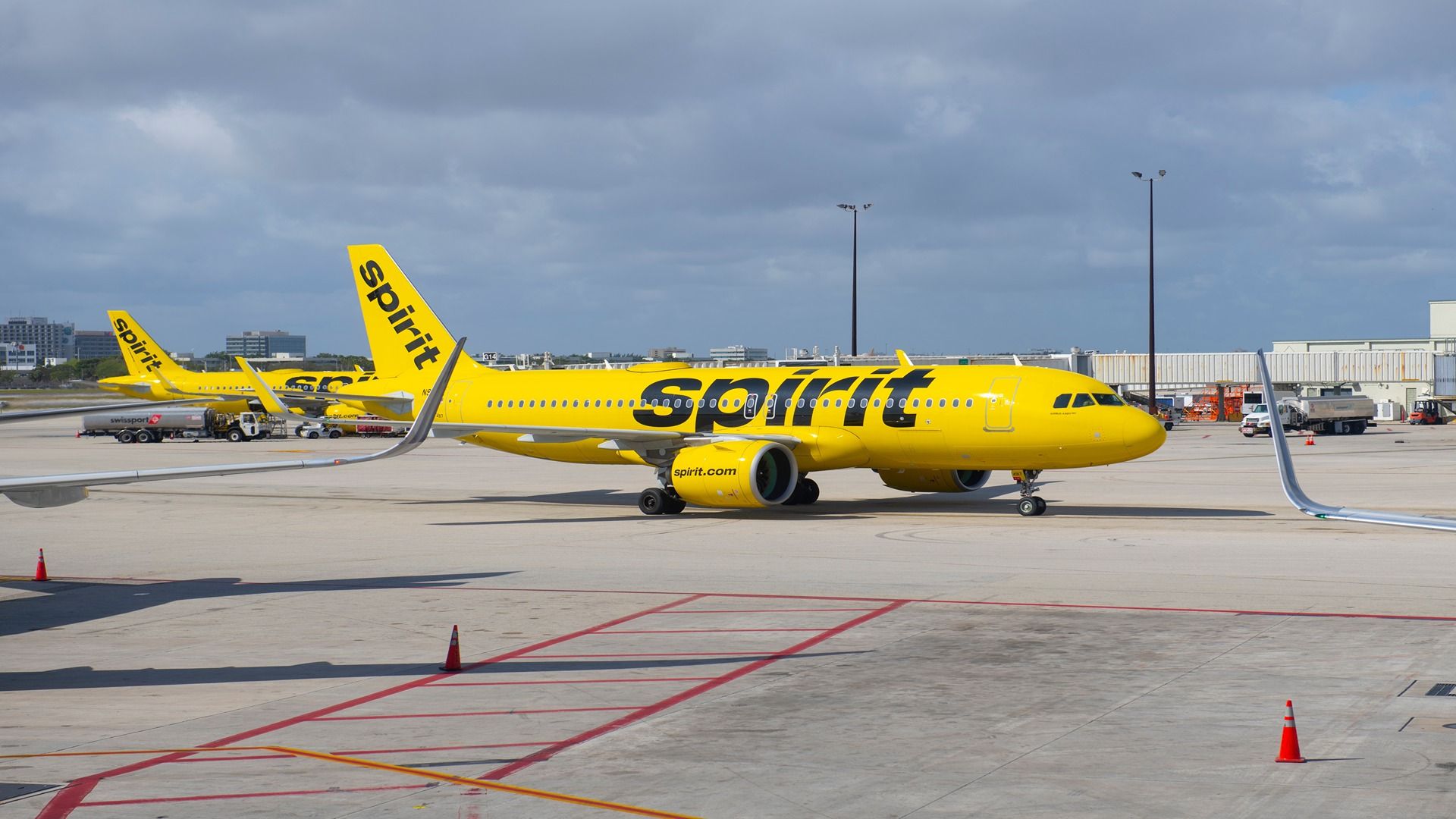UPDATE: Spirit Airlines has just announced crucial agreements in principle with its pilots and flight attendants regarding pay cuts as the airline navigates its ongoing Chapter 11 restructuring process. This significant development aims to secure the airline’s financial future amid severe operational changes.
The agreements, reached with the Air Line Pilots Association (ALPA) and the Association of Flight Attendants (AFA), reflect a shared commitment to reposition Spirit Airlines for success. The airline’s President and CEO, Dave Davis, stated, “These agreements reflect the shared commitment of our Team Members and principal labor unions in securing a successful future for Spirit.”
As part of these restructuring efforts, senior leadership members have also pledged to reduce their salaries proportionally to the pilots’ cuts. This move is projected to generate substantial annual cost savings, vital for meeting the targets necessary for Spirit’s next draw under its debtor-in-possession financing.
Spirit Airlines, which reported a staggering loss of over $800 million, filed for Chapter 11 bankruptcy protection earlier this year. The airline is implementing drastic measures, including eliminating around 150 salaried positions and ceasing operations at five airports: Phoenix (PHX), Milwaukee (MKE), St. Louis (STL), Rochester (ROC), and Bucaramanga (BGA). Flights will be discontinued from PHX, STL, and ROC on January 8, 2026, while MKE and BGA will see service cuts on January 13, 2026.
In recent months, Spirit has also furloughed numerous pilots and cabin crew members as part of its cost-reduction strategy. The airline has been actively reducing its fleet, returning aircraft to the Irish lessor AerCap, and scaling back its order for new planes to raise capital.
What is Chapter 11 Bankruptcy? This legal process allows financially troubled airlines to reorganize while continuing operations and accessing vital funding. Key provisions include Debtor-in-Possession financing, which provides immediate liquidity, and the Automatic Stay Provision, which halts debt collections and lawsuits, enabling carriers to develop a reorganization plan. Previous successful restructurings in the aviation sector, such as those of Avianca and Philippine Airlines, highlight the potential for recovery.
As Spirit Airlines moves forward with these agreements and restructuring efforts, the industry watches closely to see how the airline will adapt and emerge from its challenges. This latest development is a critical moment for Spirit, underscoring the ongoing impact of financial strain in the aviation sector.
Stay tuned for more updates as Spirit Airlines continues its journey through restructuring and aims for a successful future.







